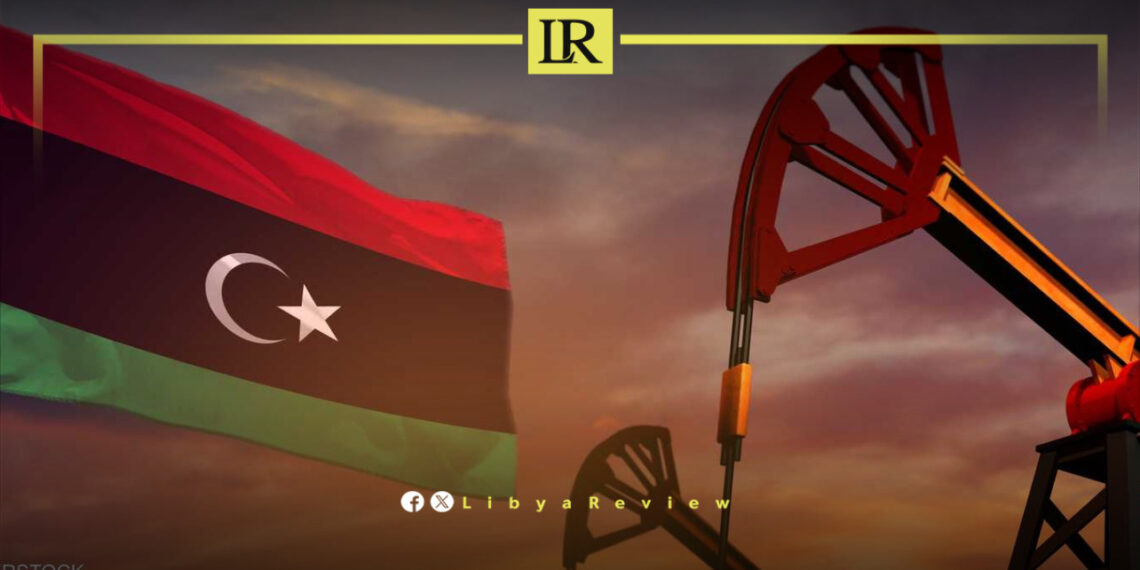Italy is positioning itself as a major catalyst in reshaping Euro-African energy diplomacy, spearheaded by a bold €8 billion investment plan in Libya led by the Italian oil giant Eni.
According to a detailed report by South Africa’s Energy Capital & Power, this initiative, dubbed the “Mattei Plan,” aims to significantly strengthen Italy’s economic and strategic ties with Libya, opening new fronts in North African energy cooperation.
Under the Mattei Plan, Eni will divert up to €8 billion into Libya’s energy infrastructure. The investment targets a major step-change in bilateral relations after decades of instability, channeling funds into oil and gas fields, production facilities, pipeline networks, and transport links.
Analysts see the move as part of a broader Italian strategy to secure long-term energy partnerships with southern Mediterranean countries, particularly in light of the EU’s drive to reduce reliance on Russian gas.
The report highlights the upcoming Libya Energy & Economy Summit in 2026 as a pivotal platform for deepening Libyan-Italian cooperation. The summit is expected to bring together public and private sector leaders to coordinate investment strategies, finalize key projects, and position Libya as a central player in regional energy security.
Libya, alongside Algeria and Egypt, forms a critical pillar of Italy’s ‘Southern Energy Corridor’. With extensive hydrocarbon reserves, Libya plays a central role in Rome’s vision for diversifying energy sources and stabilizing its supply chains. Eni has repeatedly emphasized its belief in Libya’s untapped potential and its readiness to invest across multiple sectors—including health, education, renewable energy, and infrastructure—to support broader economic growth and stability.
The plan includes modernizing downstream facilities, expanding local refining capabilities, and developing transport infrastructure to enable Libya to meet domestic demand and increase export volumes. Italian officials and Eni executives argue that these projects will not only support Libya’s economic recovery but also promote regional stability and facilitate increased intra-Mediterranean trade.


